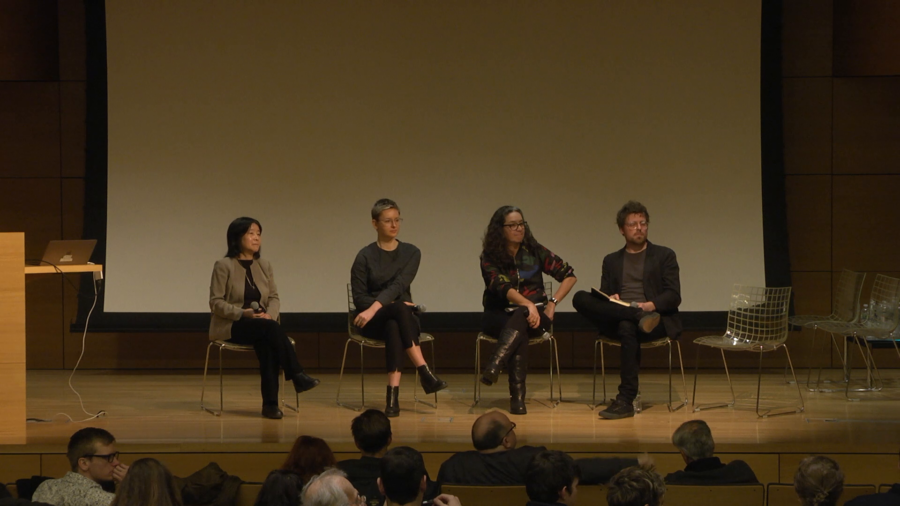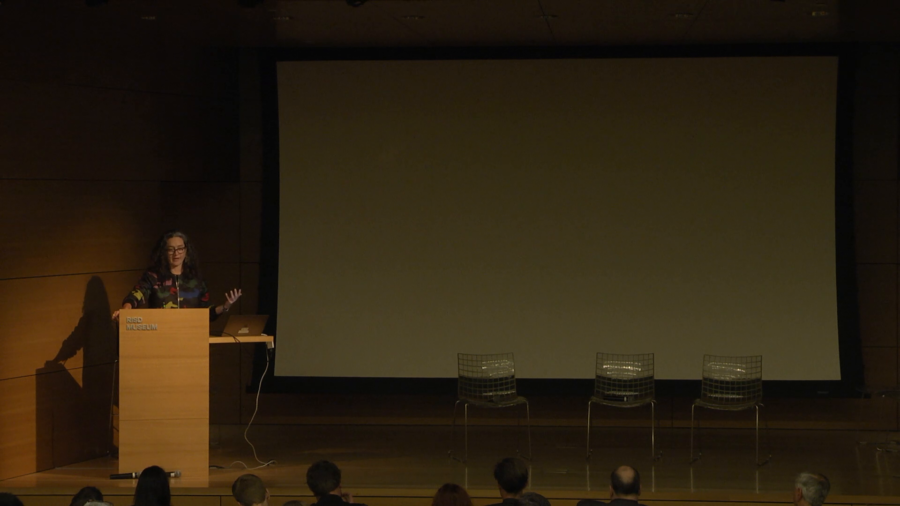I found out that RISD had a hockey team called the Nads. Apparently, it was created by some students in 1963 who named the team the Nads as a joke, so that when you cheered, you chanted, “Go Nads!” And that’s when I knew RISD was the perfect school for me.
RISD Media (Page 1 of 3)
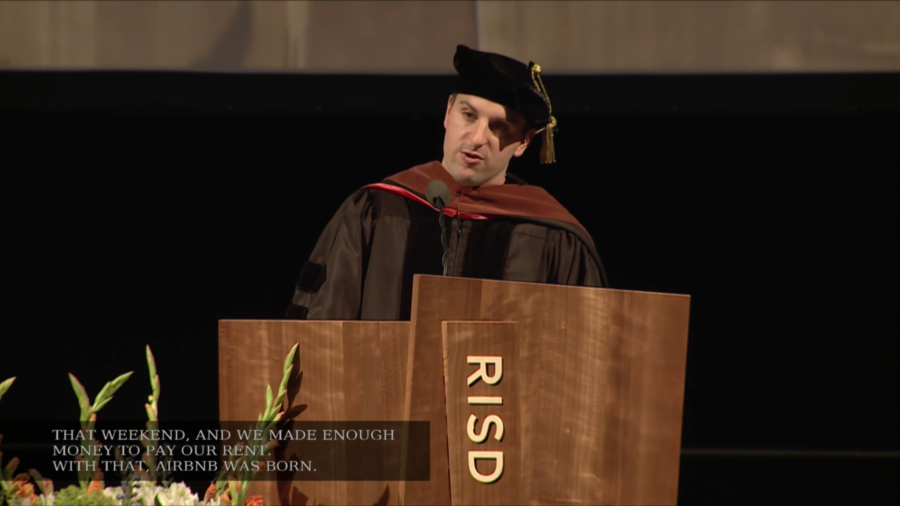
Brian Chesky RISD 2017 Commencement Address
presented by Brian Chesky
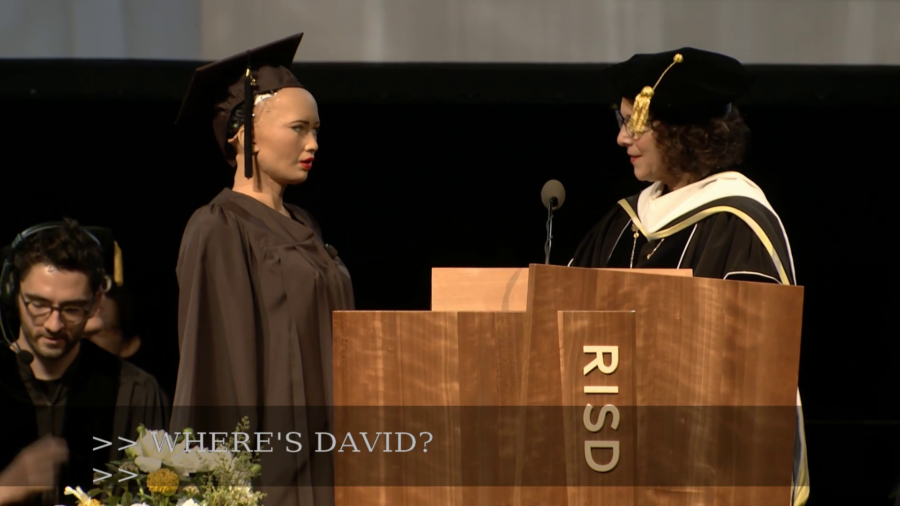
David Hanson (Sophia) RISD 2018 Commencement Address
presented by Sophia
I was the first robot citizen, the first robot to have a bank account and a credit card, and the first robot to meditate with humans. But I wouldn’t be the first robot to enroll in college. My older sister BINA48 took some philosophy courses at the University of Vermont and received good grades.
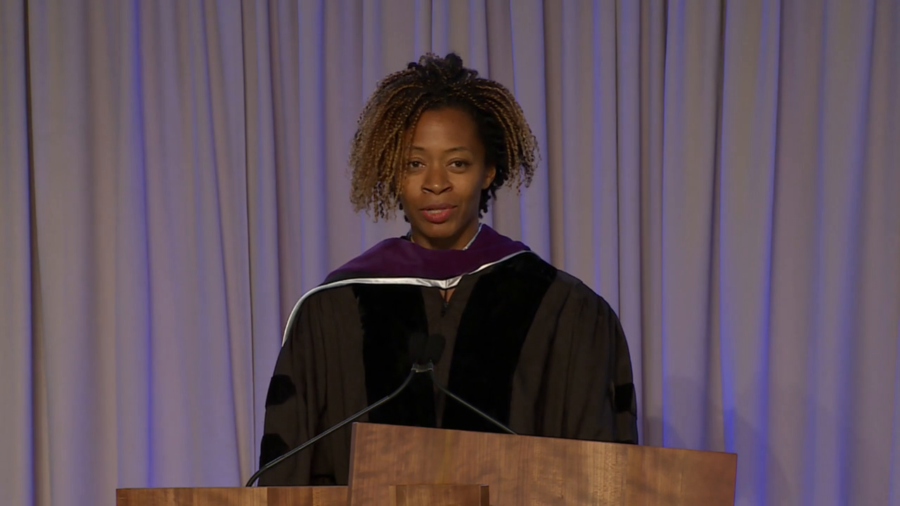
Kara Walker RISD 2015 Commencement Alumni Address
presented by Kara Walker
I came with the intention of speaking about my experience at RISD and wishing President Somerson a good tenure here, but all I could write on my sketchbook page was “blank page.” I wrote “tabula rasa.” I wrote “a clean slate.” And I wrote those words several times, and I realized as I was writing them that that’s how I arrived at RISD.
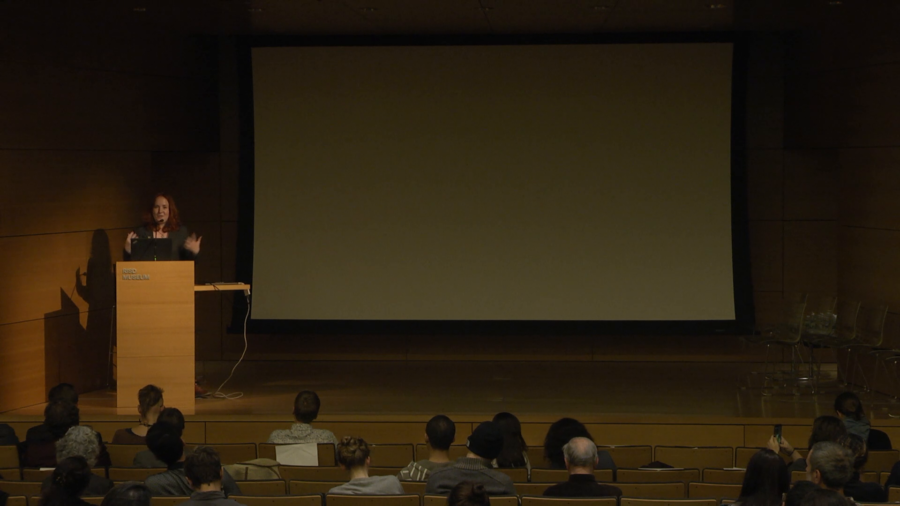
Amniotechnics
presented by Sophie Lewis
Full Surrogacy Now means two dialectically opposed things. It is simultaneously a utopian cry for the queer gestational commune, and a description of what’s going on right now, which is very much not that. The dystopian structure of planetary reality in the present. Indentured service, subalternity, crowdfunding, outsourcing, neofeudalism, civil strifes, invisiblized sub-sub-contracting, and above all—to use the phrase of Shellee Colen—reproductive stratification.
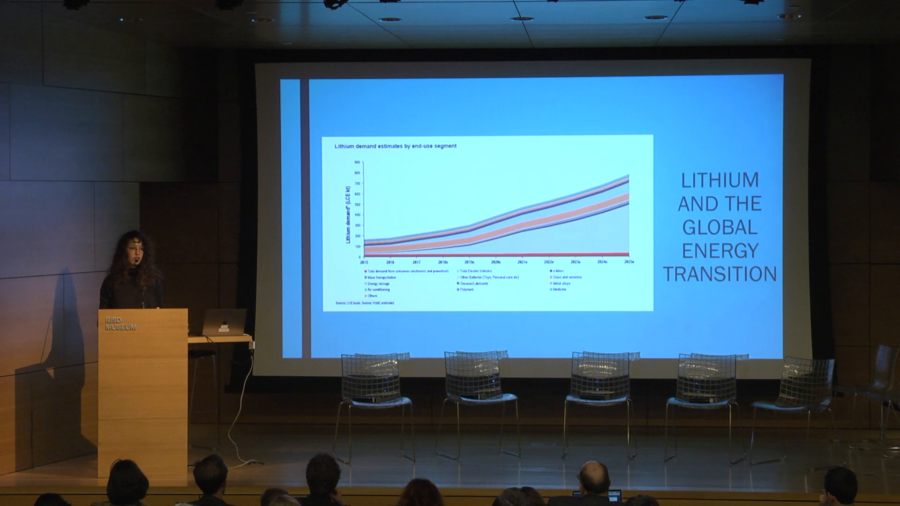
A Globally Just Green New Deal
presented by Thea Riofrancos
In a world of globally-dispersed supply chains, an energy transition in the United States has implications for the extraction, production, and distribution of resources and technology in places well beyond US borders.
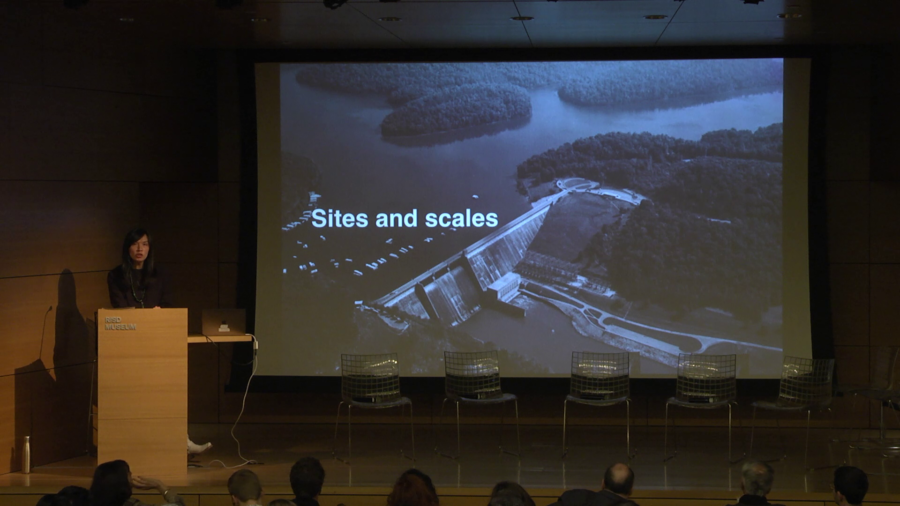
Planning the Green New Deal
Climate Justice and the Politics of Sites and Scales
presented by Kian Goh, Timmons Roberts
The urgency of climate change and the rise of a grassroots legislative political environmental movement in the United States should change the way urban planners think and act on spatial change and social justice.
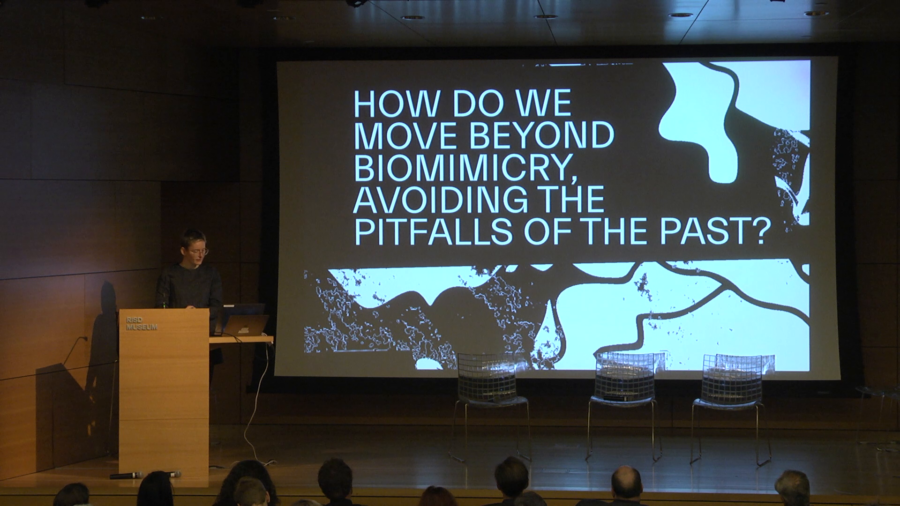
Today, we will examine the historical and philosophical roots of biocentrism, biomimicry, explore the quality of the relationship it presupposes with nature, and question its ecofriendliness. We will introduce emerging alternatives to biomimicry and discuss the challenges it promises.
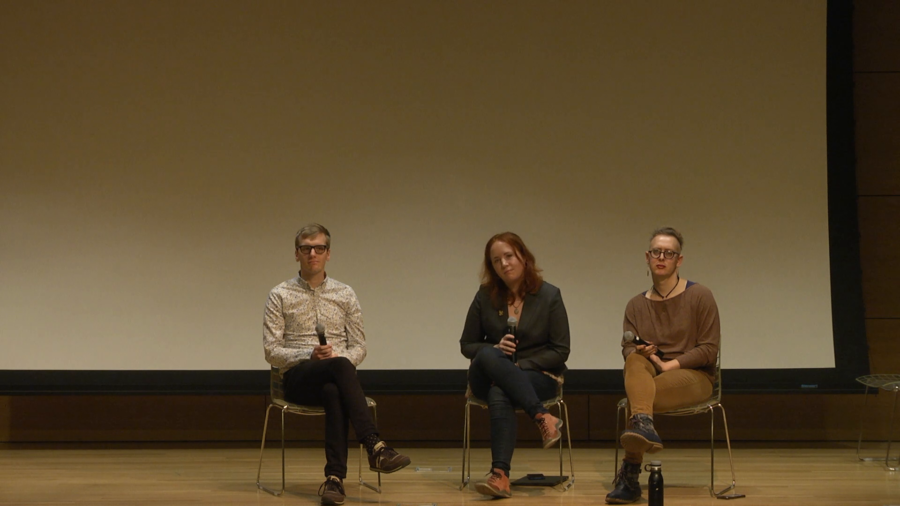
Liberatory Ecotechnologies, Cyborg Ecologies and the Green New Deal panel discussion
presented by Kai Bosworth, Sasha Costanza-Chock, Sophie Lewis
One of the things that’s really difficult about scale is precisely this question of how do different collectives interface with each other and interface as part of one another.

